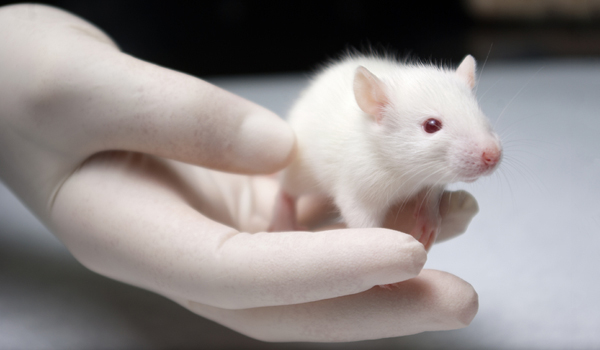Live liver grown in lab
An important proof-of-concept test has been successful in a Japanese lab, one which could lead to vast improvements in donor organ availability.
Researchers at the Yokohama City University Graduate School of Medicine have successfully created a custom package of stem cells, which was then programmed by a rat’s brain to begin growing into a functioning liver. In the future this kind of treatment would allow clones of organs to be created and transplanted, uniquely tailored for the patient that needs them.
The team first created induced pluripotent stem (iPS) cells which were mixed with other cell types and coaxed into 'liver buds' - the precursor clusters that develop into a liver. Their report in the journal Nature said; “To our knowledge, this is the first report demonstrating the generation of a functional human organ from pluripotent stem cells."
iPS cells are easily-obtainable mature cells. They have given rise to the potential for future stem cell research to be embryo free, thus avoiding the continual objections of religious bodies world wide. Pluripotent cells can be 'reprogrammed' into a versatile, primitive state from where they can develop into any kind of cell in the body.
Takebe told a press conference ahead of the report's release that the human-made liver was observed through a replacement glass skull that was fitted around the mouse's brain; the liver reportedly also developed blood vessels which fused with those of the animal.
Some Australian authorities say its a promising result, Associate Professor Ernst Wolvetang of the Australian Institute for Bioengineering and Nanotechnology said “This provides proof of concept that this may be possible in humans in the future.”








 Print
Print